-
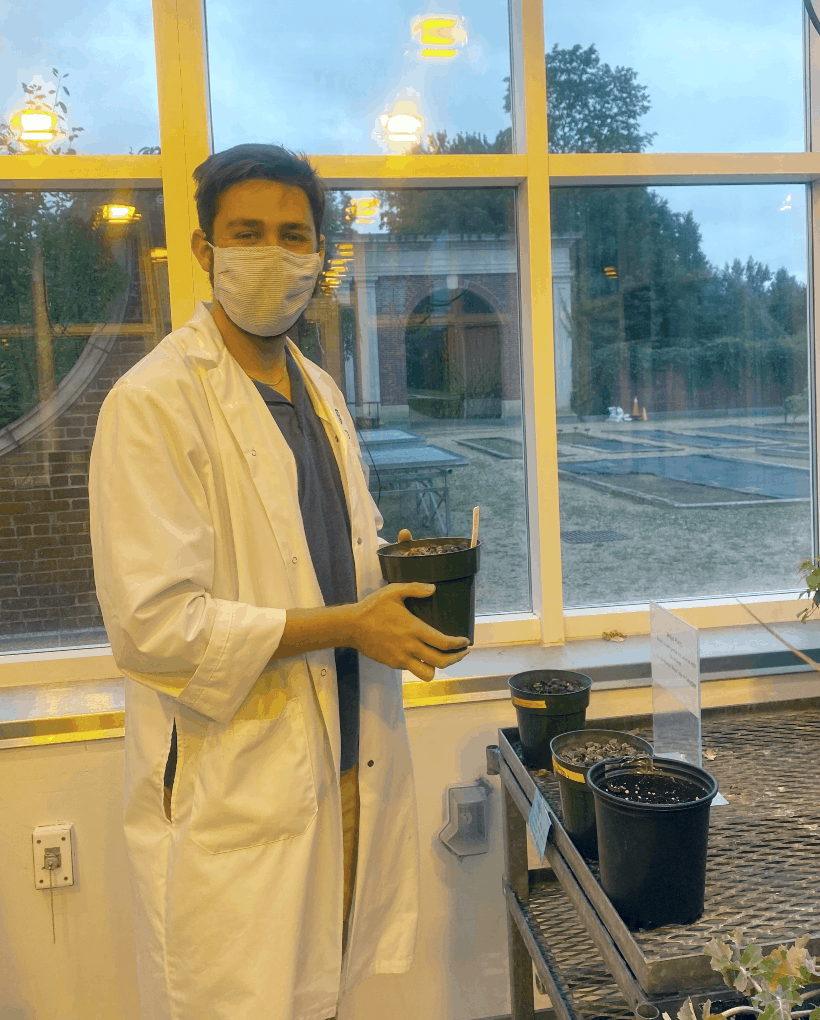
Long’s Braya, Braya longii, is an endangered perennial plant found only in the Great Northern Peninsula of Newfoundland. It is subject to annual infestations of the Diamondback moth (DBM), Plutella xylostella, who use B. longii as hosts to lay their eggs. The larvae then defoliate and...
-
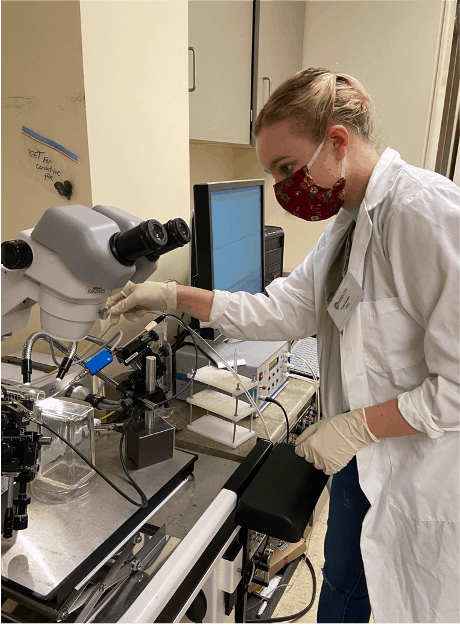
Insects and mites present a significant threat to global economies through crop damage and causing adverse effects on human health. Synthetic pesticides are most often used to control such pest species. However, the long-term and extensive use of synthetic pesticides can impact...
-
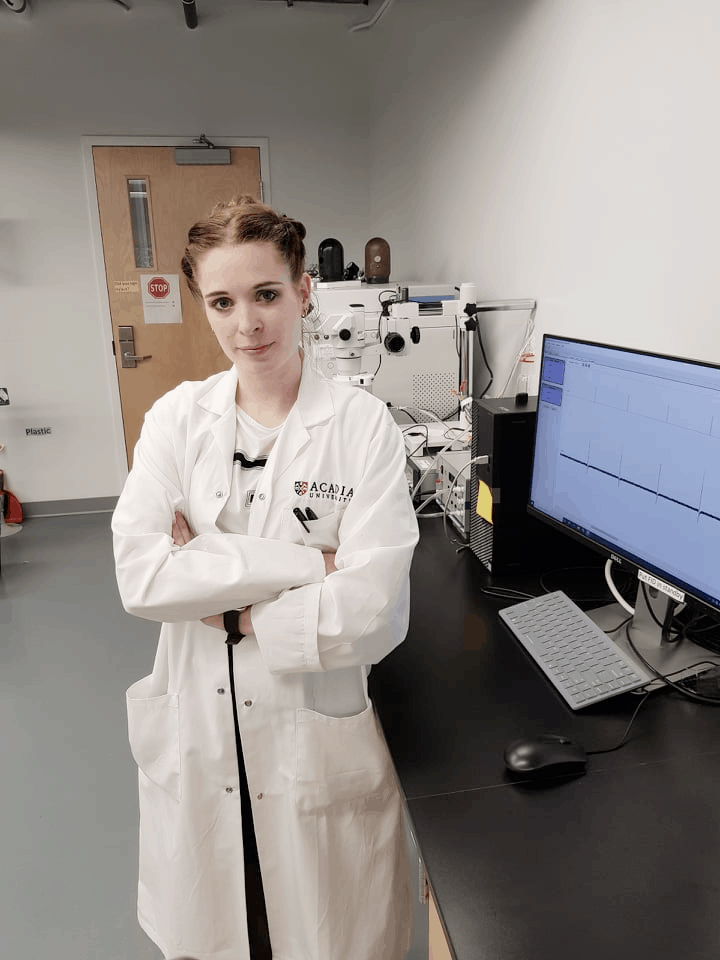
Throughout North America the true armyworm (Mythimna unipuncta) occurs in sporadic large outbreaks. During these mass infestations their caterpillars cause considerable economical damage to cereal and forage crops such as barley, oats, corn, and alfalfa. Understanding the chemical ecology of the true armyworm will help develop naturally-derived agents...
-
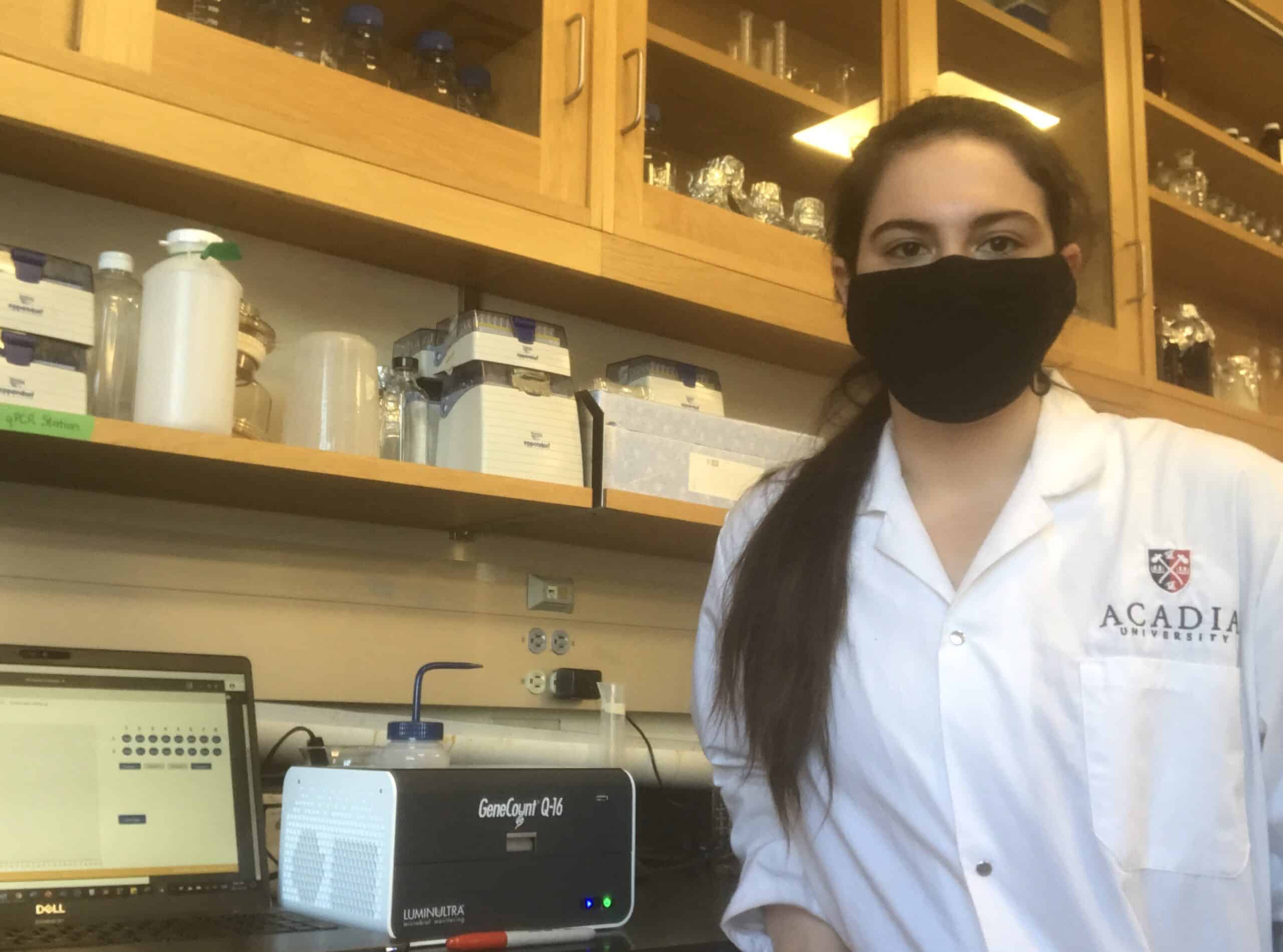
Environmental monitoring during the COVID-19 pandemic can be used as a tool to identify locations of asymptomatic or pre-symptomatic carriers, focus clinical testing, and confirm cleaning protocols. LuminUltra developed a surface testing method for the SARS-CoV-2 virus that allows for swabs of high-touch surfaces to...
-
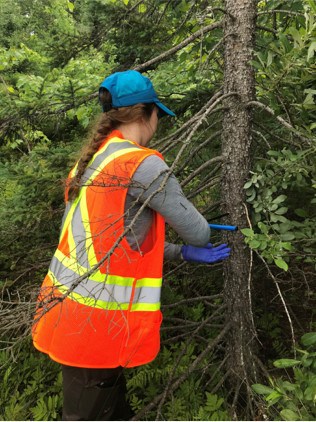
During the Nova Scotia gold rush (early 1860’s to mid-1940’s), over 300 gold mines were established across the province, including several within what is today the Halifax Regional Municipality (HRM). Many of these sites were never remediated and are often found near...
-
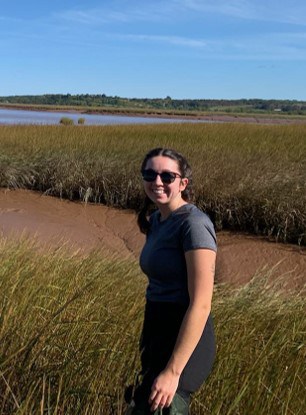
The natural sediment geochemistry of estuaries makes them vulnerable to bioaccumulation of methylmercury (MeHg), a neurotoxin that bioaccumulates in organisms. Intertidal invertebrates are abundant in estuaries and are critical prey sources for migratory birds and fish. Determining uptake of MeHg by invertebrates...
-
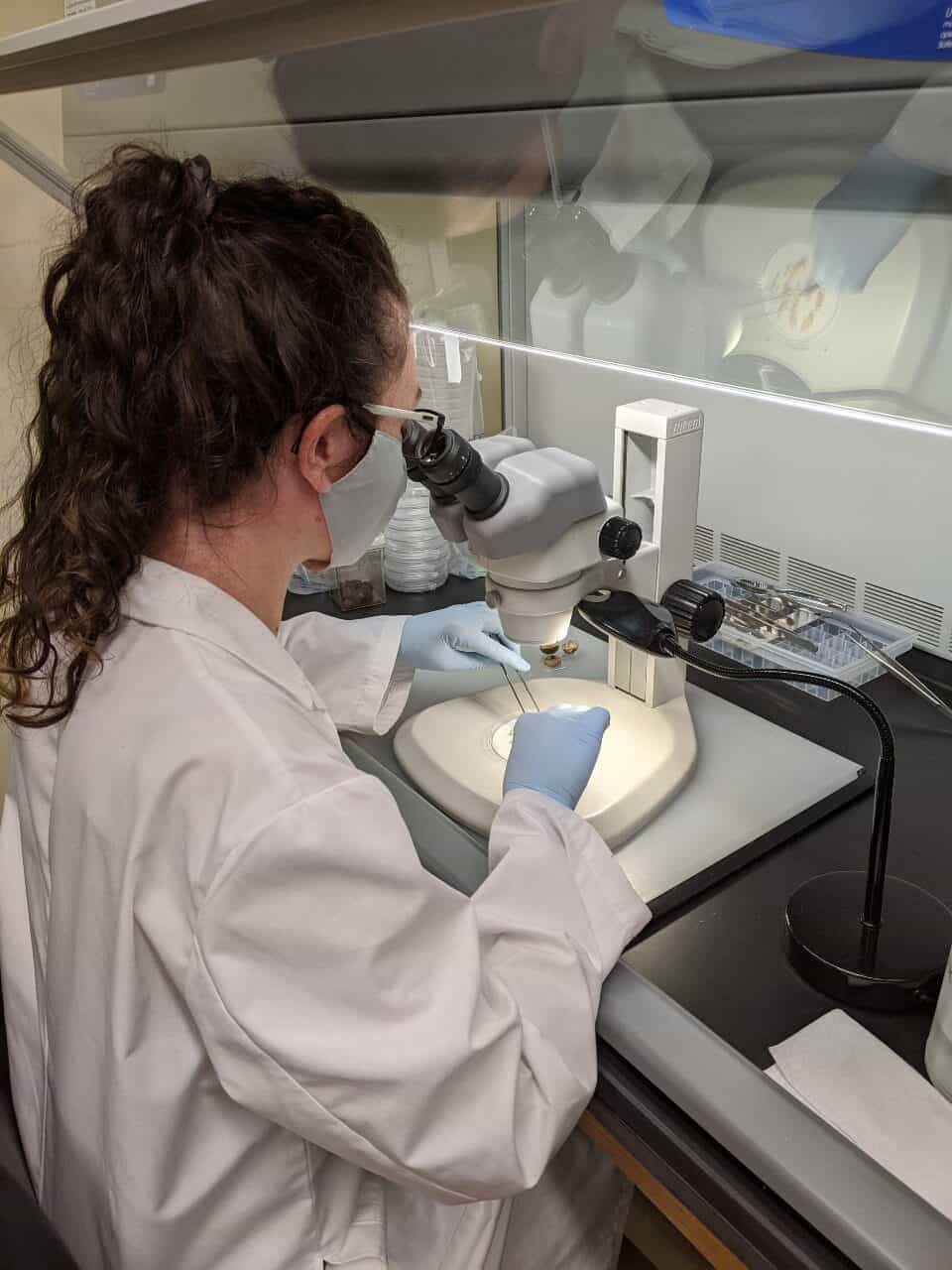
As part of a global strategy to conserve plant species, the K.C. Irving Centre seeks to establish “ex situ” or off-site collections of native species within the Acadian Forest Region. One approach to ex situ conservation is through the collection, desiccation and storing of seeds at...
-
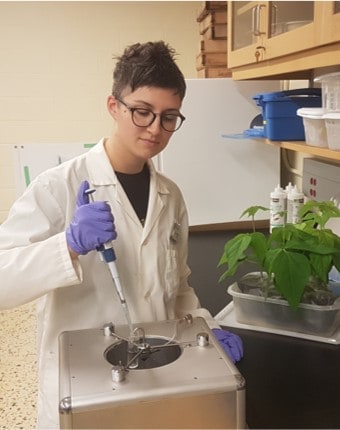
The two-spotted spider mite (Tetranychusurticae) is a serious pest of greenhouse and field crops across Canada. Spider mites damage plants by feeding on the contents of leaf cells. Controlling spider mites is challenging because they can rapidly evolve resistance to pesticides. Some...
-
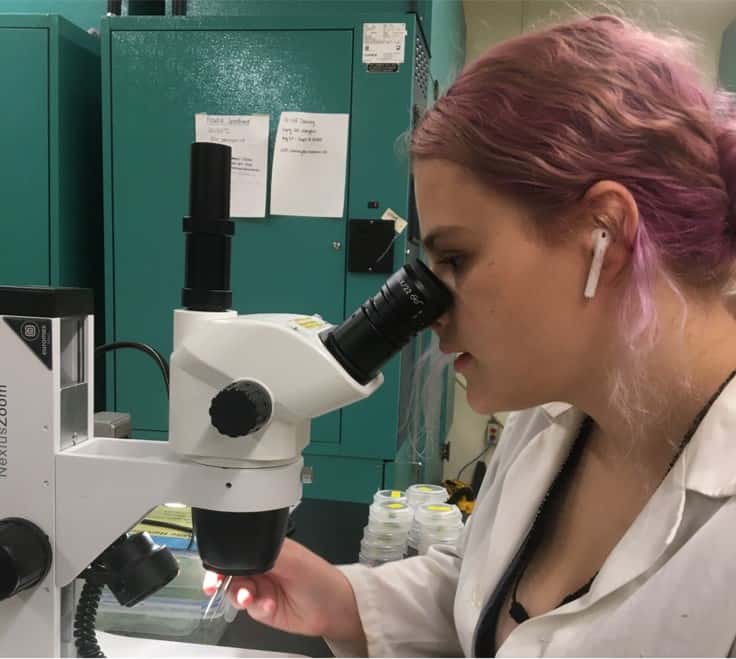
The two-spotted spider mite (Tetranychusurtichae)is a serious pest of greenhouse and field crops in Canada, damaging plants by feeding on the contents of leaf cells. Spider mites produce silk and use it for protection, movement, and communication. Research Question: how do spider...
-
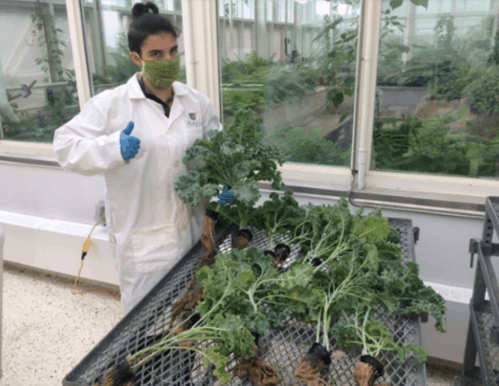
Background As the global population increases, demand is also increasing for food production methods that involve efficient use of resources and do not require large expanses of arable land. Aquaponics is a method that incorporates growing crops under soilless conditions (hydroponics) in...


 Acadia University
Acadia University
K.C. Irving Environmental Science Centre
Harriet Irving Botanical Gardens
Acadia University